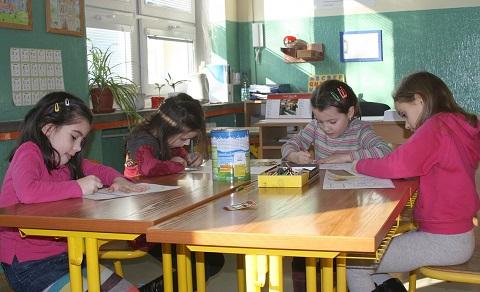
Published on: 04/03/20
A free online resource has launched to help school staff and educational professionals support children who were born before 37 weeks’ gestation.

Published on: 04/03/20
Two to three children in an average-sized primary school class are likely to have been born preterm (before 37 weeks of gestation), with these children more likely to have special educational needs and poorer academic attainment than children born after a full-term pregnancy. A research team, led by the University of Leicester, has therefore developed an e-learning resource to help schools support children who were born preterm – and it can be accessed online free.
The pretermbirth resource includes the latest evidence about what preterm birth is, how it may affect a child’s development and learning, and what can be done to support these children in school. It was developed by the University of Leicester in collaboration with a team of specialists at the Universities of Nottingham, Loughborough, UCL and Ulster, and with teachers, educational psychologists, parents of children born preterm and young adults who were born preterm themselves.
With an emphasis on common difficulties for children born preterm – including problems with attention, working memory, processing speed, hand-eye coordination and social and emotional skills – the online resource features video clips, case studies and practical advice. There is also a free poster to download and print, which can be displayed in schools to raise awareness of the issue and where to find the resources to help online.
“Our research has shown that teaching staff who have used the resources feel more confident and prepared to support preterm born children in school,” said Samantha Johnson, Professor of Child Development at the University of Leicester, and part of the team who developed the resources. “We were keen to make the information accessible free and easily online, so as many teachers and staff in schools as possible can benefit from finding out how best to support children who were born preterm.”